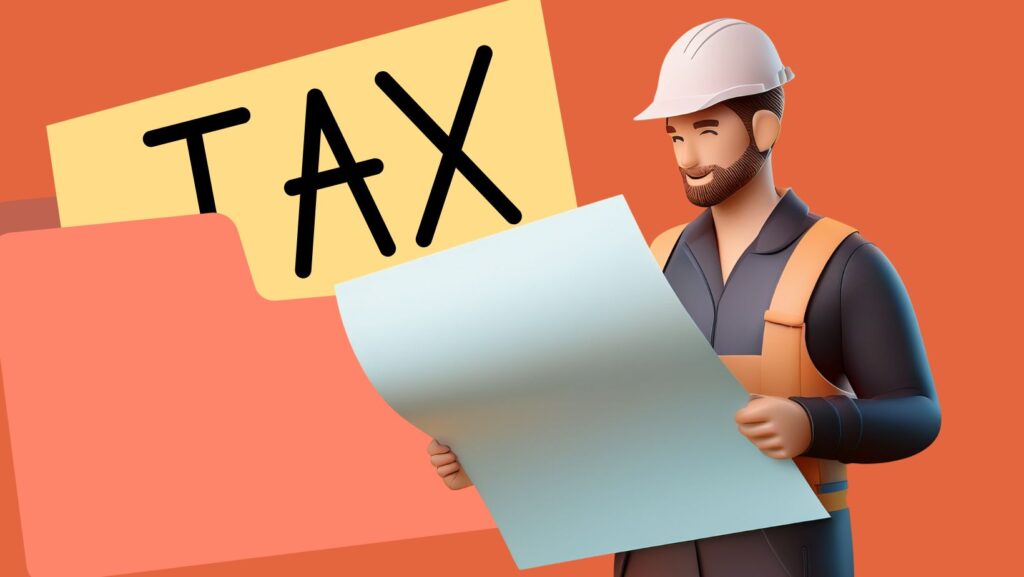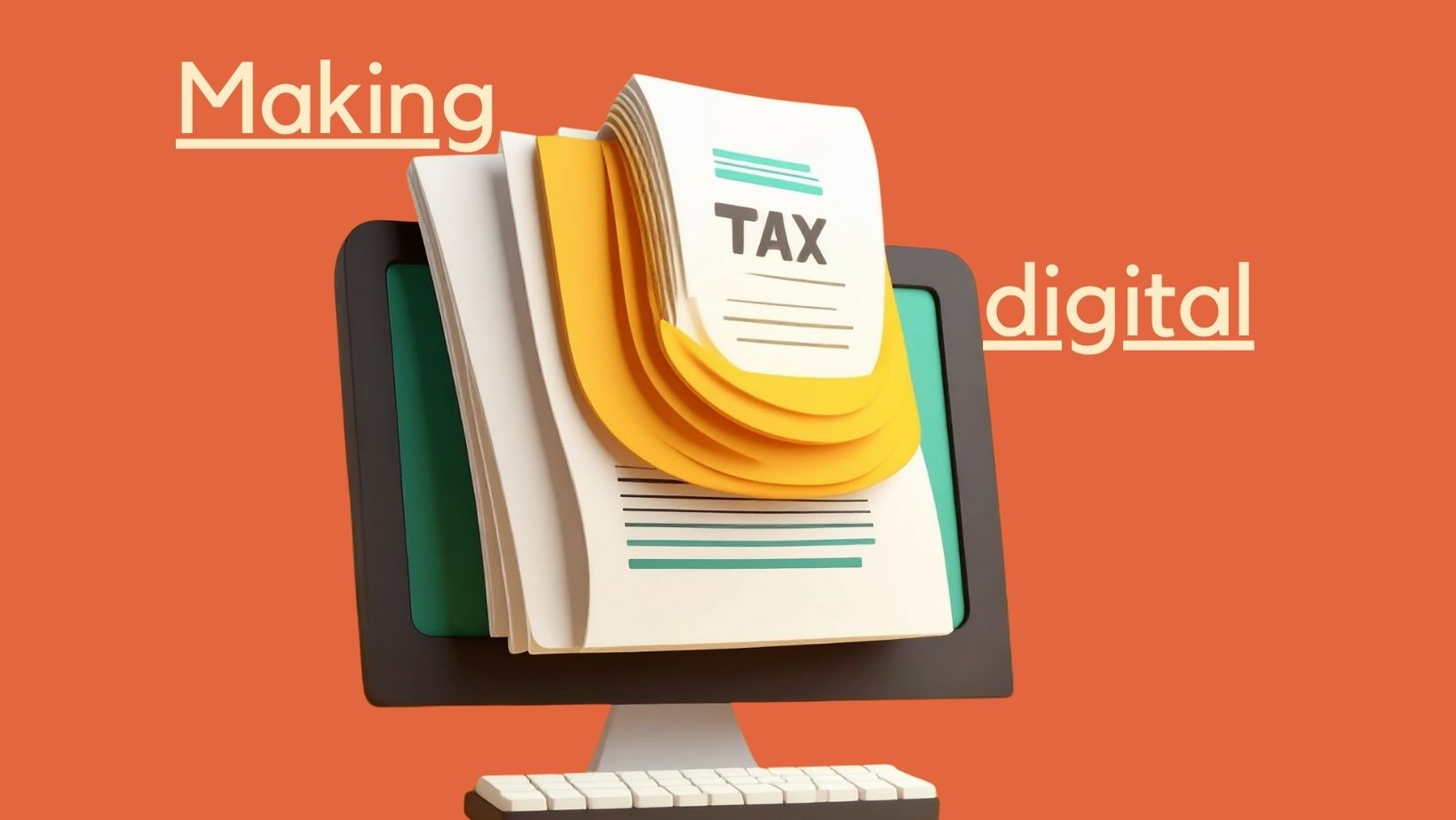As the tax year draws to a close, it’s the perfect time for small business owners and contractors to take stock of their financial position and adopt effective tax planning strategies. Thoughtful preparation can not only reduce your tax liability but also ensure you’re making the most of available reliefs and allowances.
Companion Accountancy is an accountancy firm that works with a wide range of small businesses, contractors, and freelancers. With experience across different sectors and business models, the firm regularly supports clients with compliance and planning, including year-end tax considerations. For more on how to approach this process with confidence, take a look at our blog post, “How to prepare for your year-end accounts”.
Here, we have more information about the year-end, as well as a roundup of essential tax planning strategies you should consider.
When is the year-end for a UK-based business?
The “year-end” for a UK-based business can refer to different dates depending on the context. It has to do with whether you’re talking about the tax year or a company’s financial year-end.
1. UK tax year-end
For individuals, sole traders, and partnerships, the UK tax year runs from 6 April to 5 April of the following year. This is the period used by HMRC to assess income tax and National Insurance.
- For example, the 2024/25 tax year runs from 6 April 2024 to 5 April 2025.
- Tax returns for this period must be submitted by 31 January 2026 (if filed online), and any tax owed must also be paid by that date.
2. Company financial year-end
Limited companies have their own financial year, which is usually set when the company is incorporated and runs for 12 months from that date.
- The default financial year-end is the anniversary of the last day of the month in which the company was incorporated, but companies can apply to change it.
- Corporation tax is calculated based on this accounting period, and accounts must be filed with Companies House within 9 months of the year-end.
Which year-end should you plan around?
- Sole traders and partnerships: Plan tax-saving measures before 5 April.
- Limited companies: Focus planning ahead of your company’s accounting year-end.
Knowing your year-end date is essential for making strategic decisions about income, expenses, and investments. If you’re unsure of your year-end, it can be found on your business tax account or incorporation documents.
For a practical example of this kind of strategic thinking, see Companion Accountancy’s blog post, “Contractor tax planning – the benefits of being organised”. It outlines why planning ahead of deadlines (particularly at year-end) can help contractors and small business owners avoid stress and make more informed financial decisions.
Tax planning strategies for the year-end
1. Maximise pension contributions
Making contributions to a registered pension scheme is one of the most tax-efficient ways to extract profits from your business. For limited company owners, employer contributions can be treated as a deductible business expense, reducing your corporation tax bill.
- Personal contributions attract tax relief at your marginal rate.
- Employer contributions must be “wholly and exclusively” for the purposes of the business to be deductible.
- Check your annual allowance (currently £60,000 for most individuals) and carry forward unused relief from the previous three years, if eligible.
Planning ahead ensures contributions are timed before your accounting or tax year-end.
2. Claim available capital allowances
Capital allowances let you claim tax relief on certain types of business assets, such as equipment, tools, and vehicles.
- The Annual Investment Allowance (AIA) currently allows up to £1m of qualifying expenditure to be deducted from your taxable profits.
- For environmentally efficient investments, you might qualify for full expensing or enhanced capital allowances.
Be mindful of when assets are purchased. Bringing forward planned investment before the year-end could accelerate tax relief.
3. Time your income and expenses
The timing of invoicing and paying for expenses can impact your taxable profits.
- Advance expenses: Pay for costs such as subscriptions, training, or equipment before the year-end if you’ve had a profitable year and want to reduce taxable income.
- Delay invoicing: If appropriate and cash flow allows, consider deferring invoices to the next accounting period.
- Bad debts: Write off unrecoverable debts to claim a deduction.
Striking a balance between income and outgoings helps to smooth your tax liability from year to year.
4. Utilise your allowances
Make sure you and your family are making full use of available allowances:
- Dividend allowance (£500 in 2024/25)
- Personal allowance (£12,570 in 2024/25)
- Marriage allowance transfer if your spouse earns less than the personal allowance
- For directors, review your salary/dividend mix to optimise income extraction.
5. Review your business structure
The right business structure can make a significant difference to your tax position.
- If you’re operating as a sole trader or in a partnership, incorporation may bring tax benefits.
- If you’re already incorporated, consider whether a Family Investment Company (FIC) or Holding Company might support long-term planning goals.
These decisions are complex, so always seek professional advice tailored to your circumstances.
6. Use losses wisely
If your business has made a loss, you may be able to:
- Offset it against other income in the same year
- Carry it back to reclaim tax from a previous year
- Carry it forward to offset against future profits
Understanding how best to use losses can significantly impact your future cash flow and tax efficiency.
Plan ahead, save more
Tax planning should be part of a proactive financial strategy. Contractors, freelancers, and small business owners need to be able to work through the intricacies of UK tax law to ensure every opportunity for saving is explored.





